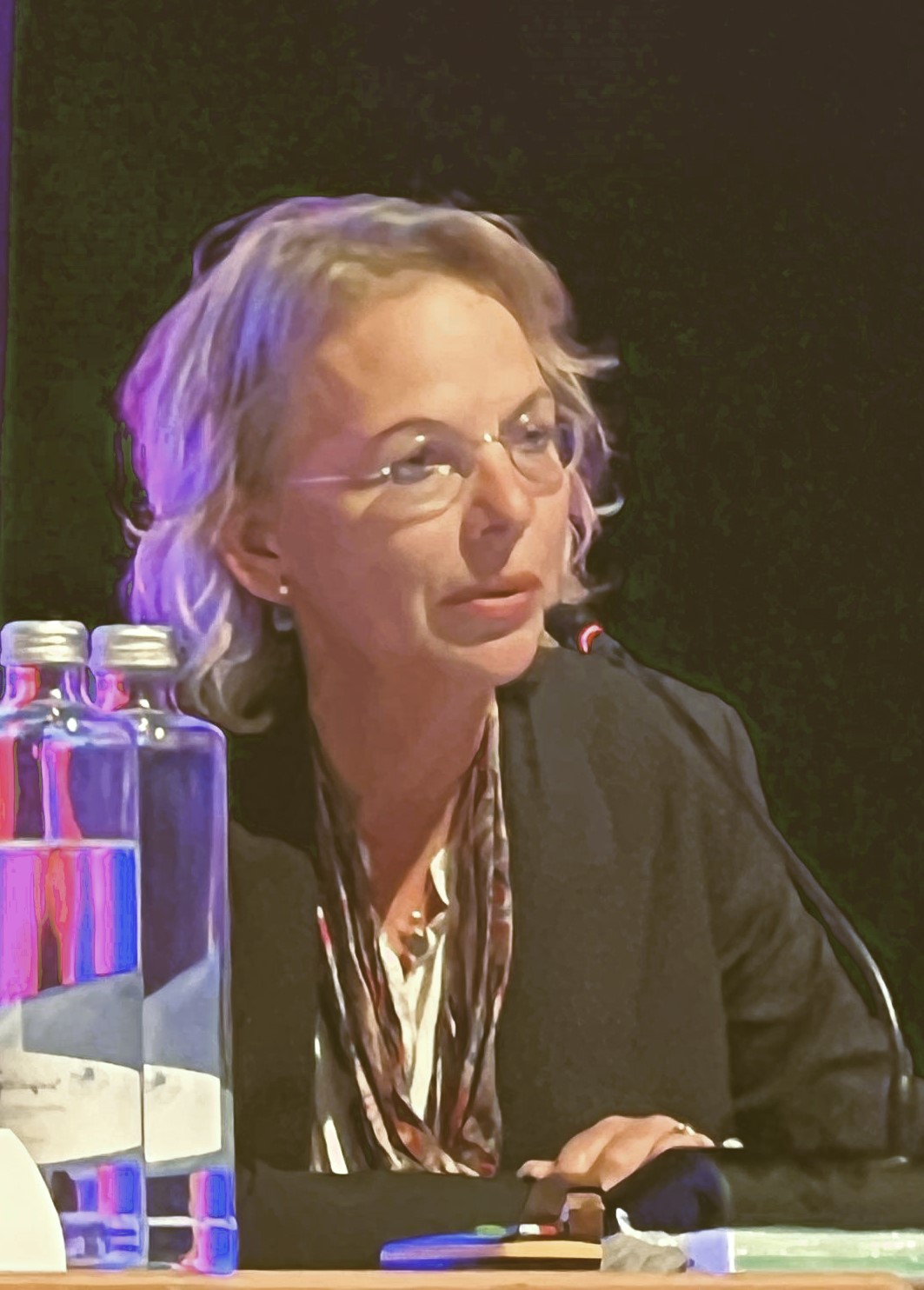As an international renowned expert on stewardship and foundations and trusts, Ineke Koele was asked to speak and write a paper during the 2024 conference of the ITL Research and Policy Network that focused this year on 'The Taxation of Trusts, Foundations and Similar Arrangements in a Global Setting'. Her paper, which also will be published in a forthcoming book (published by Kluwer International), dealt with this challenging question:
Under what circumstances can Stewardship Foundation structuring be a solution to families, enterprises and the society at large ?
Where the concentration of wealth in the hands of a few is becoming a political topic and the debate on a wealth tax for the extremely wealthy is sparking, the concept of purposeful wealth can also be viewed from the perspective of the family, the business it sustains, and society at large.
The logic of very generous tax exemptions for the succession of family business interests to the next generation whilst these 'traditional' ownership structures do create continuity problems is waning.
This contribution focuses on the circumstances that are required to transform the current practice of 'succession' to a more sophisticated Stewardship Foundation practice. The tax framework, taking into account a family-disinterested purpose and simultaneously the ongoing need for family involvement in the Stewardship Foundation can make a world of change in the concept of responsible wealth ownership.
This paper consists of the following:
1. Increasing inequality and the response of the legislator, dealing with a) public debate on the ultrawealthy in a societal context, b) the rise of a 'Robin Hood' wealth tax ? c. Family business transfer relief scrutinized
2. The family perspective
3. The case for Stewardship Foundation
4. What conditions shoudl apply for Stewardship Foundation structuring ? a. The perspective of the family and the business and b. The perspective of the society at large.
The paper proposes an inspired tax and legal framework for the endorsement of responsible wealth ownership across the board taking into account the aspirational needs of families and the directional interests of society at large, as a result of which trust in modern democratic societies can be substantially improved.